Lonely Planet taps cloud transformation for a fresh travel experience
Through comprehensive cloud transformation and generative AI the travel guide firm Lonely Planet aims to improve the customer experience


Lonely Planet is among the most notable brands in the global travel industry, publishing more than 150 million books and travel guides since its inception in 1973.

Travel, however, has changed since the early ‘70s. The days of walking into a travel agent and booking a holiday are largely over, with consumers now opting to book their global adventures online.
Lonely Planet, therefore, has been faced with the challenge of adapting to the modern age, and it’s a task it revels in, according to Chris Whyde, senior vice president of engineering and data science at the travel publisher.
Whyde says Lonely Planet has long embraced a culture of innovation, having been one of the first travel publishers to take a significant portion of its content online in the mid-to-late 1990s and ahead of competitors in the publishing industry with its migration from the print ecosystem to the public cloud.
This wide-scale shift was achieved through its relationship with Amazon Web Services (AWS), with whom Lonely Planet has an established relationship stretching back more than six years.
“AWS has been a great partner helping us figure out how to optimize certain parts of our architecture,” he tells ITPro.
“It’s not easy to run a print publication business at the scale of Lonely Planet, and moving to the public cloud really gave us more insights, more data, and optimized some of the processes and services in use.”
Get the ITPro daily newsletter
Sign up today and you will receive a free copy of our Future Focus 2025 report - the leading guidance on AI, cybersecurity and other IT challenges as per 700+ senior executives
The publisher operates entirely on the public cloud, Whyde adds. When he first joined the firm, Lonely Planet launched several modernization projects to accommodate for what it acknowledged as critical business needs moving forward.
RELATED RESOURCE

Discover how AI can increase your security team's productivity
This included projects aimed at containerizing workloads running on the cloud and a shift toward Kubernetes.
Containerization has been “massive for us,” Whyde says, due to the unpredictable seasonality of travel. This shift has enabled the publisher to scale capacity based on peak traffic periods or when new guides and books are launched.
“It's incredibly hard to figure out, what the site traffic’s going to look like or whatever we're going to be producing a lot of new books, that's obviously a very temporary high capacity.
“Everything from coordinating moving books around warehouses to figuring out which paper from which supplier we should be purchasing to make sure we're going with the most sustainable option.”
Travel in the age of generative AI
Whyde says that the current focus for Lonely Planet is to deliver greater value to consumers by leveraging generative AI, which he believes will enable the publisher to create more unique, catered services.
The company was among the earliest adopters of Amazon Bedrock, the company’s flagship artificial intelligence (AI) model framework that allows customers to access a range of foundation models such as Meta’s Llama 2, Anthropic’s Claude model, and its own in-house models.
The use of generative AI is allowing Lonely Planet to take roughly 50 years of book content to extract content, such as the expert recommendations it's known for, and create “itinerary” experiences.
Whyde says this gives customers access to a wealth of information and recommendations for ‘points of interest’ in cities around the world.
Customers are able to go online, enter a “couple of pieces of information” such as where they’re traveling to and what their preferences are, and the platform will generate recommendations based on their individual needs.
RELATED RESOURCE
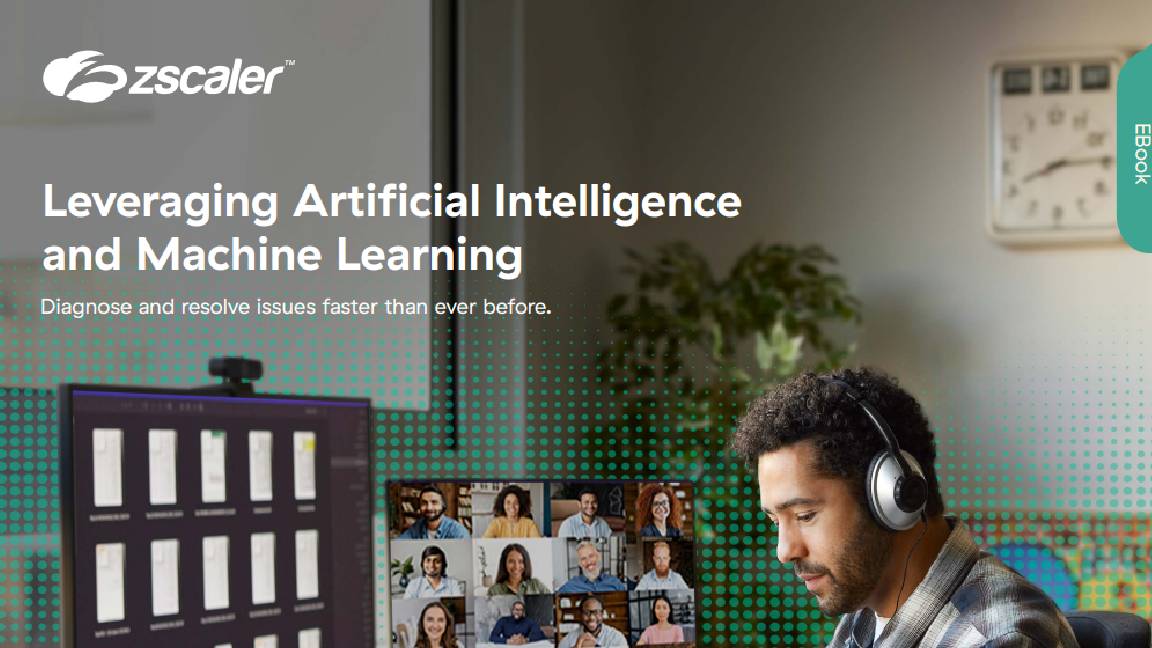
Gain valuable user experience insights in minutes using AI/ML
“If we were to curate all of these content assets top to bottom manually, it would cost about 80% more than running these services on AWS,” he says.
“It's very quick onboarding there, and we essentially generate things that are centered on arts and culture or foodie, or both. I think we let people choose up to six different prompt filters right now,” he says.
“Obviously, travel’s not binary so we need so much more flexibility, it’s something we’re testing into and figuring out and super excited about because every person is unique.”
To build this platform, Whyde says Lonely Planet initially tested a range of models offered through Bedrock, eventually opting for Anthropic’s Claude model.
A key factor in this decision was cost, he explains. Claude was roughly 78% less costly than other models on the market.
Similarly, curating all these assets manually, Whyde says, would cost about 80% more than choosing to use generative AI through AWS. This is about more than just cost savings, he notes, as it has allowed the publisher to free up resources and writers and allow them to go out and “find the next best thing and destination”.
Customer feedback on this application has, thus far, been very positive, according to Whyde. A beta launch of the application had – at time of writing – involved customers planning around 1,000 trips per day using this generative AI tool.
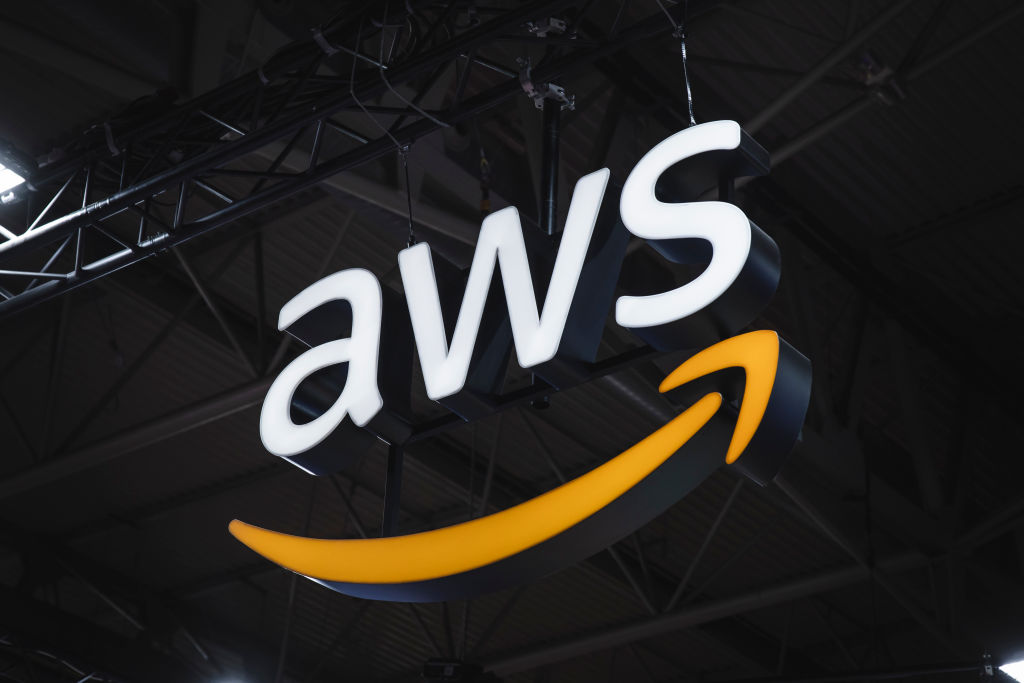
In the long term, Whyde sees generative AI playing a key role in supporting travelers to plan and curate their vacations. The use of AI in the travel industry isn’t unique by any stretch.
At AWS re:invent 2023, Booking.com showcased its own efforts integrating generative AI within its platform to streamline user experience.
Fundamentally, Whyde believes that the simplification of experiences for customers will be a key factor in other organizations choosing to use generative AI applications.

Ross Kelly is ITPro's News & Analysis Editor, responsible for leading the brand's news output and in-depth reporting on the latest stories from across the business technology landscape. Ross was previously a Staff Writer, during which time he developed a keen interest in cyber security, business leadership, and emerging technologies.
He graduated from Edinburgh Napier University in 2016 with a BA (Hons) in Journalism, and joined ITPro in 2022 after four years working in technology conference research.
For news pitches, you can contact Ross at ross.kelly@futurenet.com, or on Twitter and LinkedIn.
-
 Bigger salaries, more burnout: Is the CISO role in crisis?
Bigger salaries, more burnout: Is the CISO role in crisis?In-depth CISOs are more stressed than ever before – but why is this and what can be done?
By Kate O'Flaherty Published
-
 Cheap cyber crime kits can be bought on the dark web for less than $25
Cheap cyber crime kits can be bought on the dark web for less than $25News Research from NordVPN shows phishing kits are now widely available on the dark web and via messaging apps like Telegram, and are often selling for less than $25.
By Emma Woollacott Published
-
 ‘Europe could do it, but it's chosen not to do it’: Eric Schmidt thinks EU regulation will stifle AI innovation – but Britain has a huge opportunity
‘Europe could do it, but it's chosen not to do it’: Eric Schmidt thinks EU regulation will stifle AI innovation – but Britain has a huge opportunityNews Former Google CEO Eric Schmidt believes EU AI regulation is hampering innovation in the region and placing enterprises at a disadvantage.
By Ross Kelly Published
-
 SoftwareOne to acquire Crayon in $1.4 billion merger deal
SoftwareOne to acquire Crayon in $1.4 billion merger dealNews The merged firm will be 'uniquely positioned' to capitalize on a $150 billion market
By Emma Woollacott Published
-
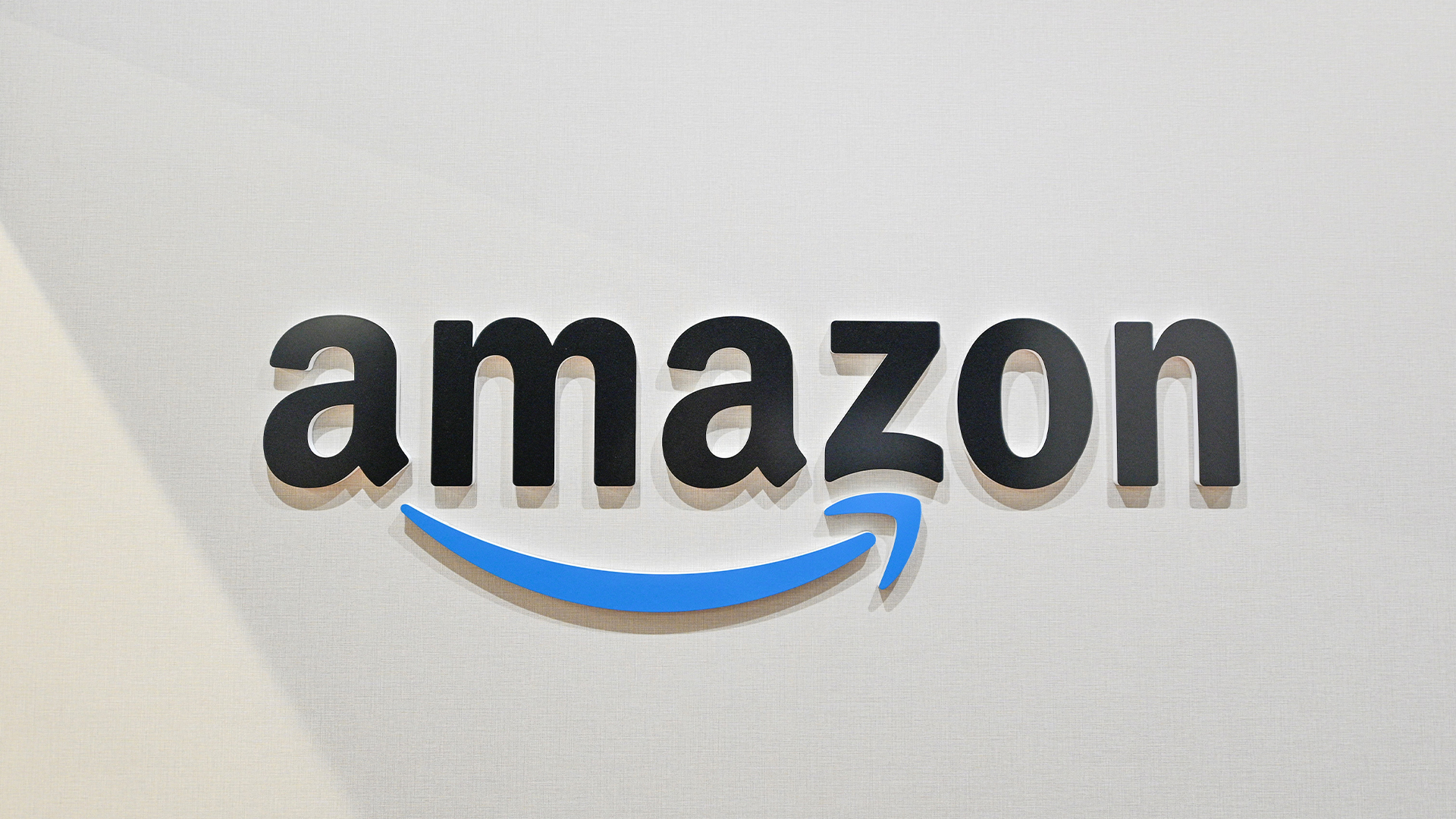 Amazon's RTO mandate could spark a talent exodus
Amazon's RTO mandate could spark a talent exodusNews A survey of Amazon staff suggests plenty remain unhappy about returning to the office next year
By Nicole Kobie Published
-
 Regulatory uncertainty is holding back AI adoption – here’s what the industry needs going forward
Regulatory uncertainty is holding back AI adoption – here’s what the industry needs going forwardAnalysis A lack of clarity on the legal side is hampering digital ambitions in Europe
By George Fitzmaurice Published
-
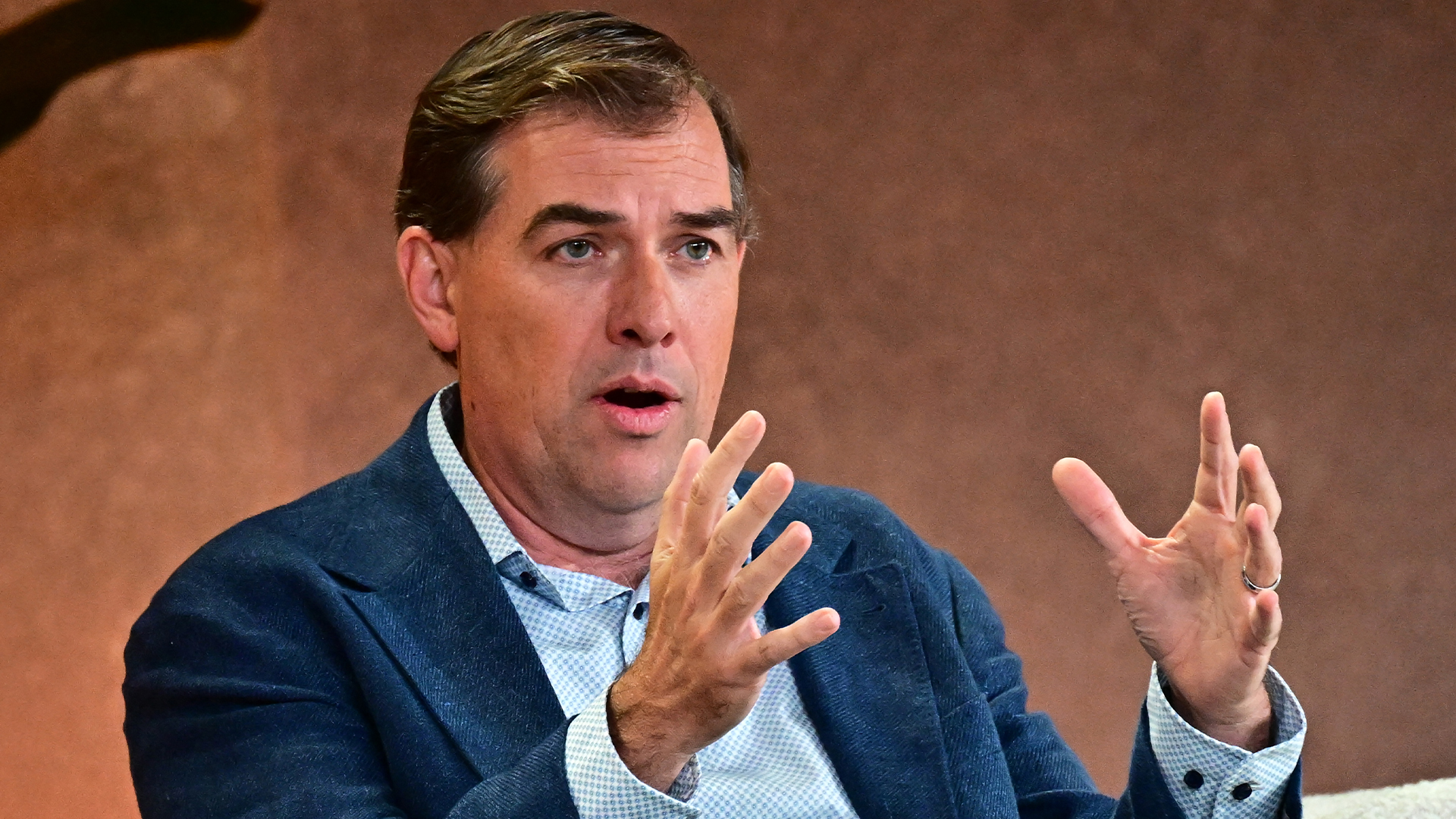 “There are other companies around”: AWS CEO Matt Garman says employees pushing back on RTO mandates should quit
“There are other companies around”: AWS CEO Matt Garman says employees pushing back on RTO mandates should quitNews AWS CEO Matt Garman says employees pushing back on RTO mandates should quit
By Nicole Kobie Published
-
 Amazon workers aren’t happy with the company’s controversial RTO scheme – and they’re making their voices heard
Amazon workers aren’t happy with the company’s controversial RTO scheme – and they’re making their voices heardNews An internal staff survey at Amazon shows many workers are unhappy about the prospect of a full return to the office
By Ross Kelly Published
-
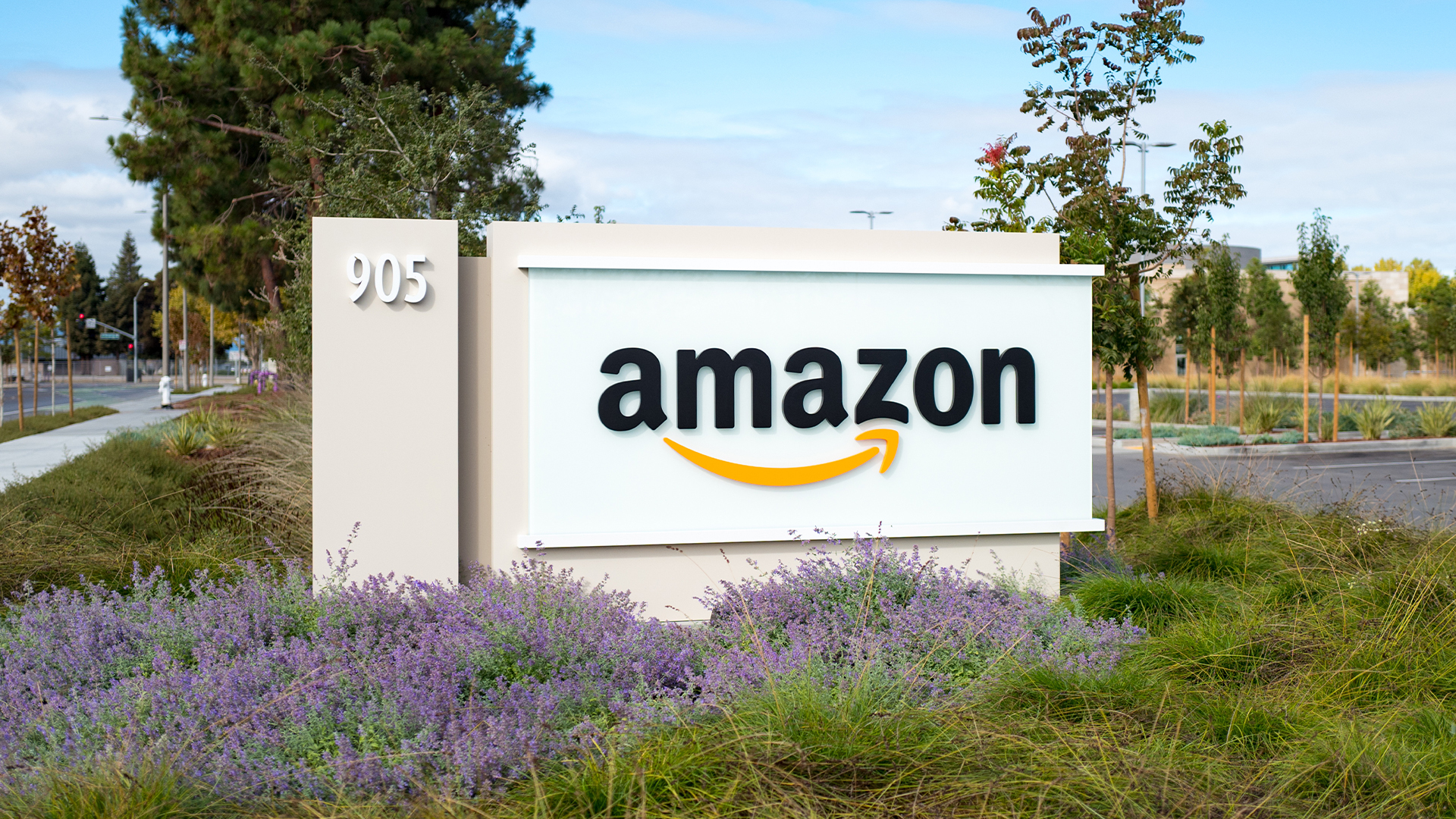 Amazon set a goal to reach 100% renewable energy by 2030 – it reached it seven years early
Amazon set a goal to reach 100% renewable energy by 2030 – it reached it seven years earlyNews The tech giant has rapidly accelerated renewable energy investment in recent years
By Ross Kelly Published
-
 ‘Data-driven’ SMBs are leaving competitors in the dust
‘Data-driven’ SMBs are leaving competitors in the dustNews An AWS survey shows that SMBs that make data a priority are making better use of AI - and reaping significant financial rewards
By Emma Woollacott Published